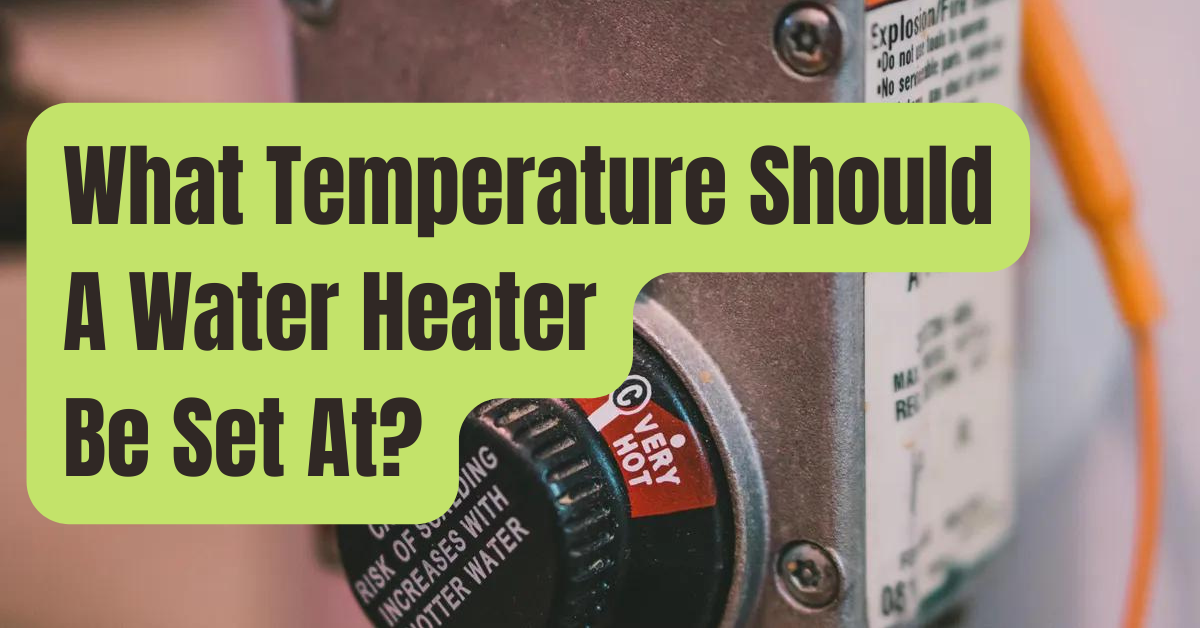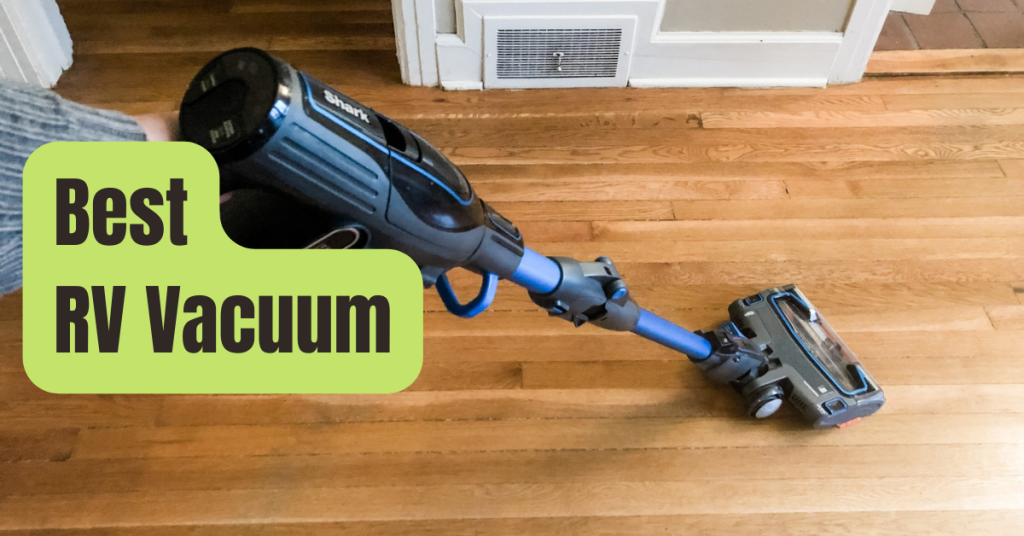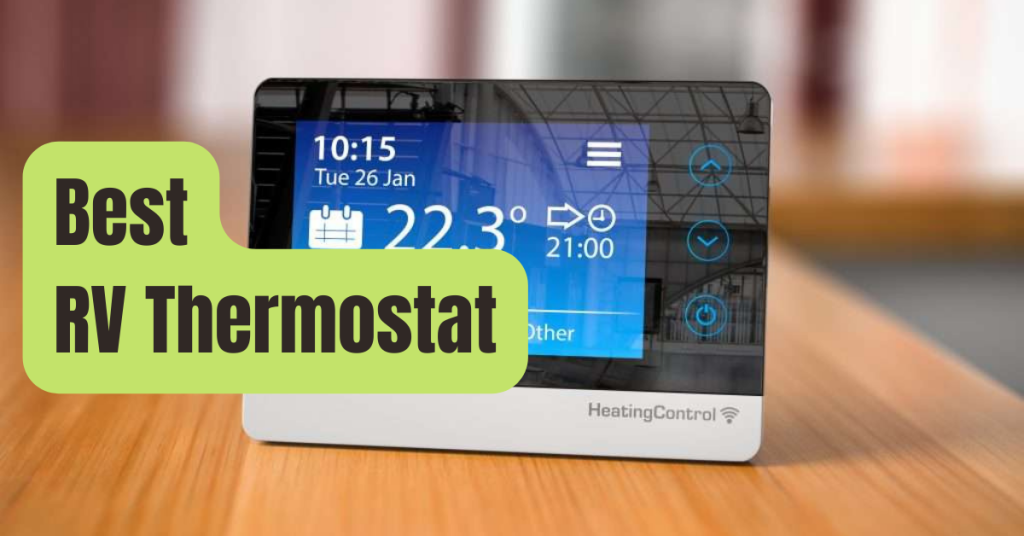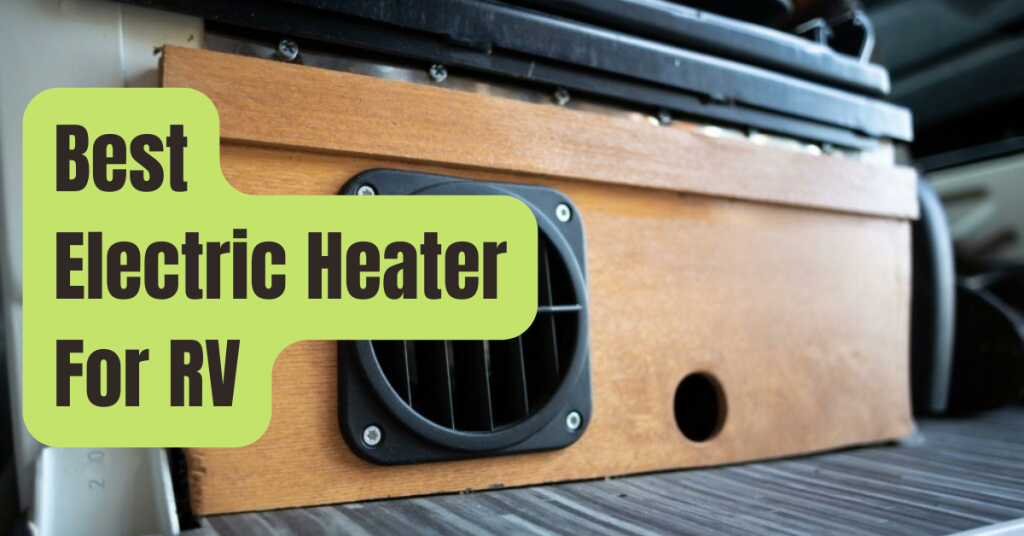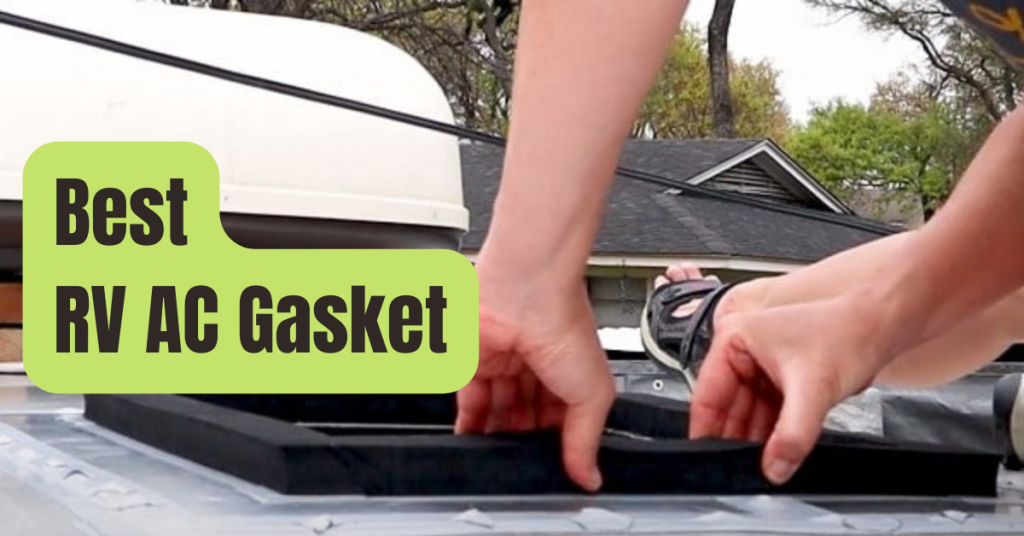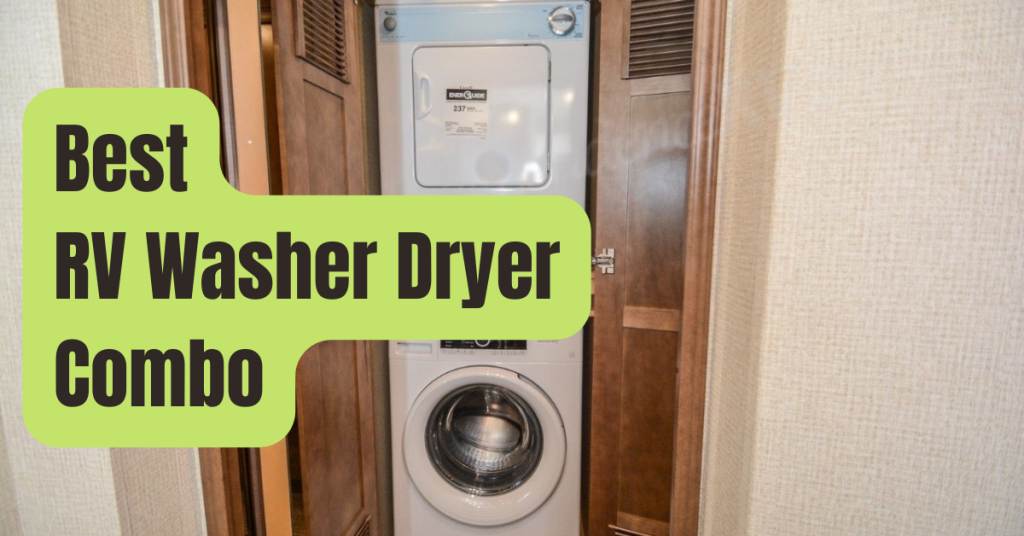Temperature Control for Hot Water Heaters
Do you tire of being burned every time you use the hot water? No matter how much you turn the tap up, can you never bring the water to a temperature you find comfortable? These symptoms may indicate that the temperature you have chosen is not ideal for your requirements rather than that your water heater is damaged.
An incorrectly installed water heater may significantly affect your life, even in ways that are unrelated to your plumbing.
For instance, your water heater uses around 18 percent of the energy in your house; changing it by only 10 degrees may result in a three to five percent difference in your energy bill each month.
It may also have an effect on the health of you and any other residents of your house.
When so much depends on the temperature, how should it be set? There is no clear-cut solution, and part of it does depend on personal preferences.
Here are some pointers you may use to make sure your temperature setting is ideal for you, however.
Temperature Generally Recommended for Water Heaters
The optimum water temperature, according to the Environmental Protection Agency, is 120 degrees Fahrenheit.
Most small households will have adequate hot water at that temperature, reheating won’t take up a lot of electricity, and you’ll actually save money since the water won’t be boiling hot.
But not everyone finds this temperature to be ideal.
For reasons we shall cover shortly, certain houses will need it to be quite a bit hotter, so use caution when exceeding this standard.
What to Take into Account When Selecting a Water Heater’s Temperature Setting
Do You Live With Any At-Risk Individuals?
The effects of hot water might be particularly harsh for persons who are very sensitive to high temperatures.
For small infants, third-degree burns may occur after only two seconds of exposure to water that is 150 degrees Fahrenheit and after just five seconds at 140 degrees.
Lowering the temperature makes your infant considerably safer and is beneficial for your energy expenditures as well.
We advise keeping your water heater set no higher than 130 degrees if you have a baby or any children under the age of three.
Elderly households should adhere to the same advice and regulations as everyone else since they are as susceptible to severe injuries from unintentional exposure to hot water.
However, persons with compromised immune systems or respiratory conditions may prefer hotter water temperatures to kill off germs and produce more steam in the air when bathing.
We advise keeping the water temperature for these groups below 140 degrees, providing there are no smaller children around.
Have You Got an Energy-Saving Appliance?
Dishwashers are increasingly being preheated.
Without forcing you to raise the temperature coming from your water heater, these systems take in water and then raise the temperature to even higher levels for an even better and more hygienic clean.
The next time you’re in need of an update or replacement, we highly advise searching for a dishwasher with a pre-heat system.
If it won’t be for a while, you could choose to raise the water heater’s temperature to 140 degrees.
As long as you use enough cold water to make up the difference, this will maintain the water nice and hot for your dishwasher while still being safe to use for the majority of your family.
How Many People Do You Have Living There?
While each person has their own preferred shower temperature, you can generally fine-tune this using the hot and cold water knobs.
Higher hot-to-cold water ratios are used by those who like a hotter shower.
Use a lower ratio if you like your showers to be colder.
However, this will also depend on how hot the water is coming out of your water heater.
People will want less hot water and more cold water to attain their optimal temperature if your heater produces hotter water.
People will require more hot water and less cold water to attain their goal with cooler water heaters.
As a result, those who set their water heater temperature lower will often run out of hot water more quickly.
Setting your water temperature higher can help your hot water supply last longer if you have a big house and lots of occupants.
Since they are less likely to run out, smaller dwellings with fewer occupants may get away with a lower temperature.

